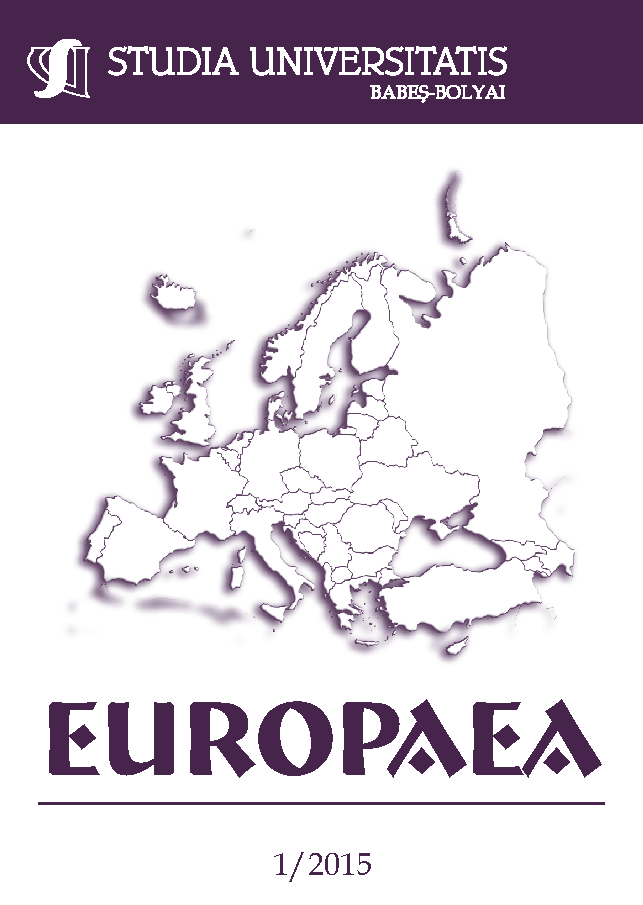THE AGE OF PRECARITY AND THE NEW CHALLENGES TO THE ACADEMIC PROFESSION
Keywords:
neoliberalism, capitalism, academic labor, higher education, precarityAbstract
Neoliberalism has had destructive effects on the academic profession. While full-time academic employment has always been a privilege for a few, the academic precariat has risen as a reserve army of workers with ever shorter, lower paid, hyper-flexible contracts and ever more temporally fragmented and geographically displaced hyper-mobile lives. Under the pressure to publish or perish a growing stratification between research and teaching has emerged. It has made academic work more susceptible to market pressures, and less – to public accountability. Focusing on a recent call for casual researchers issued by Oxford University the paper indicates how the growing competition for scarcer resources has made academics finally aware of the inequalities engendered by neoliberal capitalism, but still incapable to mobilize.
References
Afonso, Alexandre (2013), “How Academia Resembles a Drug Gand”, [https://alexandreafonso.wordpress.com/2013/11/21/how-academia-resembles-a-drug-gang/].
Strathern, Marilyn (2000), Audit Cultures: Anthropological Studies in Accountability, Ethics, and the Academy, European Association of Social Anthropologists, London New York: Routledge.
Baker, Kelly (2014), “Are Children Career Killers?” in Chronicle Vita, [https://chroniclevitae.com/news/569-are-children-career-killers].
Basen, Ira (2014), “Most University Undergrads Now Taught by Poorly Paid Part-Timers” in CBS News, [http://www.cbc.ca/news/canada/most-university-undergrads-now-taught-by-poorly-paid-part-timers-1.2756024].
Berliner, David (2014), “Academic Anxieties”, [http://davidberliner.over-blog.com/2014/09/academic-anxieties.html].
De Vise, Daniel (2010) “More Women than Men Got PhDs Last Year” in Washington Post, [http://www.washingtonpost.com/wp-dyn/content/article/2010/09/13/AR2010091306555.html].
HAE (Higher Education Autority, Ireland) (2014) “Gender and Academic Staff” in HAE, [http://www.hea.ie/gender-and-academic-staff].
Kendzior, Sarah (2014), “Professors Making $10,000 a Year? Academia Is Becoming a Profession Only the Elite Can Afford”, [http://www.alternet.org/education/professors-making-10000-year-academia-becoming-profession-only-elite-can-afford-0?page=0%2C0].
Kiossev, Alexander (1999), “Self-Colonizing Cultures” in Pejic, Bojana (ed.), After the Wall: Art and Culture in Post-Communist Europe, vol. 1, Stockholm: Moderna museet, 114-177.
Lopez y Royo, Alexandra (2013), “Why I’m Quitting the Academy”, [http://www.timeshighereducation.co.uk/comment/opinion/why-im-quitting-the-academy/2006622.article].
Lynch, Kathleen (2014), “New Managerialism, Neoliberalism and Ranking” in Ethics in Science and Environmental Politics 13, no. 2, 141–53.
Lynch, Kathleen; Ivancheva, Mariya “‘Academic Freedom and Tenure; A Critical Commentary’” in Ethics in Science and Environmental Politics, forthcoming.
Marginson, Simon (2008), “Global Field and Global Imagining: Bourdieu and Worldwide Higher Education” in British Journal of Sociology of Education 29, no. 3, 303–15.
McCarthy, Colman (2014) “Adjunct Professors Fight for Crumbs on Campus” in Washington Post, [http://www.washingtonpost.com/opinions/adjunct-professors-fight-for-crumbs-on-campus/2014/08/22/ca92eb38-28b1-11e4-8593-da634b334390_story.html].
Mihalyfy, David Francis (2014), “Higher Education’s Aristocrats” in Jacobin Magazin, [https://www.jacobinmag.com/2014/09/higher-educations-aristocrats].
Saccaro, Matt (2014), “Professors on Food Stamps: The Shocking True Story of Academia in 2014” in Salon, [http://www.salon.com/2014/09/21/professors_on_food_stamps_the_shocking_true_story_of_academia_in_2014].
Slaughter, Sheila; Rhoades, Gary (2004), Academic Capitalism and the New Economy: Markets, State, and Higher Education, Baltimore: Johns Hopkins University Press.
TLWW (Third Level Workplace Watch) (2014), “Precarity in Irish Academia: An Infosheet” in Third Level Workplace Watch, [https://3lww.files.wordpress.com/2014/11/3lwwinfographic.jpg].
Walters, Joana (2010), “Academic Families Living Apart” in The Guardian, [http://www.theguardian.com/education/2010/mar/02/academic-career-live-apart-couple].
Wilson, Jeffrey (2012), “How to Make a Living as an Adjunct: Teach 35 Classes” in The adjunct Project, [http://adjunct.chronicle.com/how-to-make-a-living-as-an-adjunct-teach-35-classes].
Wright, Susan; Rabo, Annika (2010), “Introduction: Anthropologies of University Reform” in Social Anthropology 18, no. 1, 1–14.
Zanou, Konstantina (2013), “‘Scholar Gypsies’ and the Stateless European Ideal” in Chronos Magazine, [http://www.chronosmag.eu/index.php/k-zanou-scholar-gypsies-and-the-stateless-european-ideal.html].
Zgaga, Pavel (2006), “Looking Out: The Bologna Process in a Global Setting” in Norwegian Ministry of Education and Research, [http://www.ond.vlaanderen.be/hogeronderwijs/bologna/documents/WGR2007/Bologna_Process_in_global_setting_finalreport.pdf].
Downloads
Published
How to Cite
Issue
Section
License
Copyright (c) 2015 Studia Universitatis Babeș-Bolyai Europaea

This work is licensed under a Creative Commons Attribution-NonCommercial-NoDerivatives 4.0 International License.



